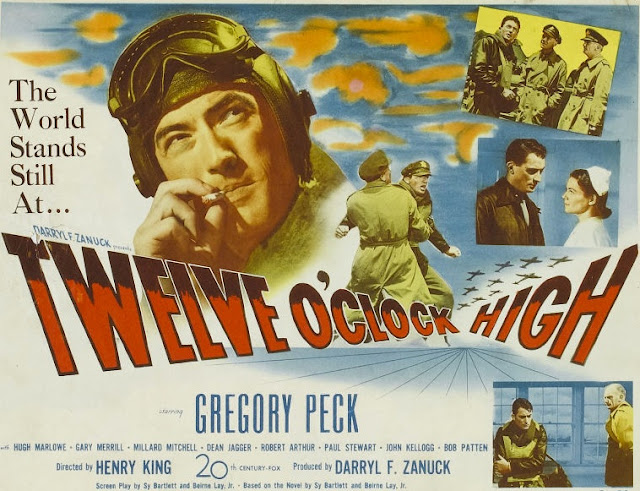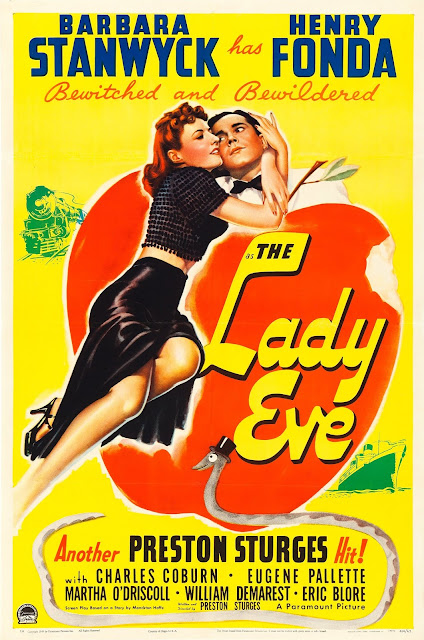☆ ☆ ☆ ☆
Police
Story 3: Supercop (1992) – S. Tong
The
special thing about Jackie Chan is that he does his own stunts – not just fighting
but extreme stunts, which probably hit their peak in this second sequel to his
action comedy hit Police Story (1985). The
plot is really incidental to the stunts – Jackie is a cop going undercover in mainland
China to capture a drug kingpin.
Michelle Yeoh is the Chinese Interpol agent who joins him (and also does
her own amazing stunts). What little comedy
there is here (as compared to the earlier Police Story or Project A films) centers
on Jackie’s boastful “supercop” persona and on his relationship with May
(Maggie Cheung) who catches him in compromising situations (that are not what
they seem). In some ways, Jackie is a
little older, a little duller – but the stunts more than make up for this, involving
trains, helicopters, cars, motorbikes, motorboats etc. There’s also a good deal of ultraviolence, courtesy
of drug dealers with automatic weapons and explosives. So, more of an action film and less
shenanigans than in the past. I saw this
on the big screen in 1993 (not the later dubbed version with a new musical
soundtrack) and was pretty wowed.







